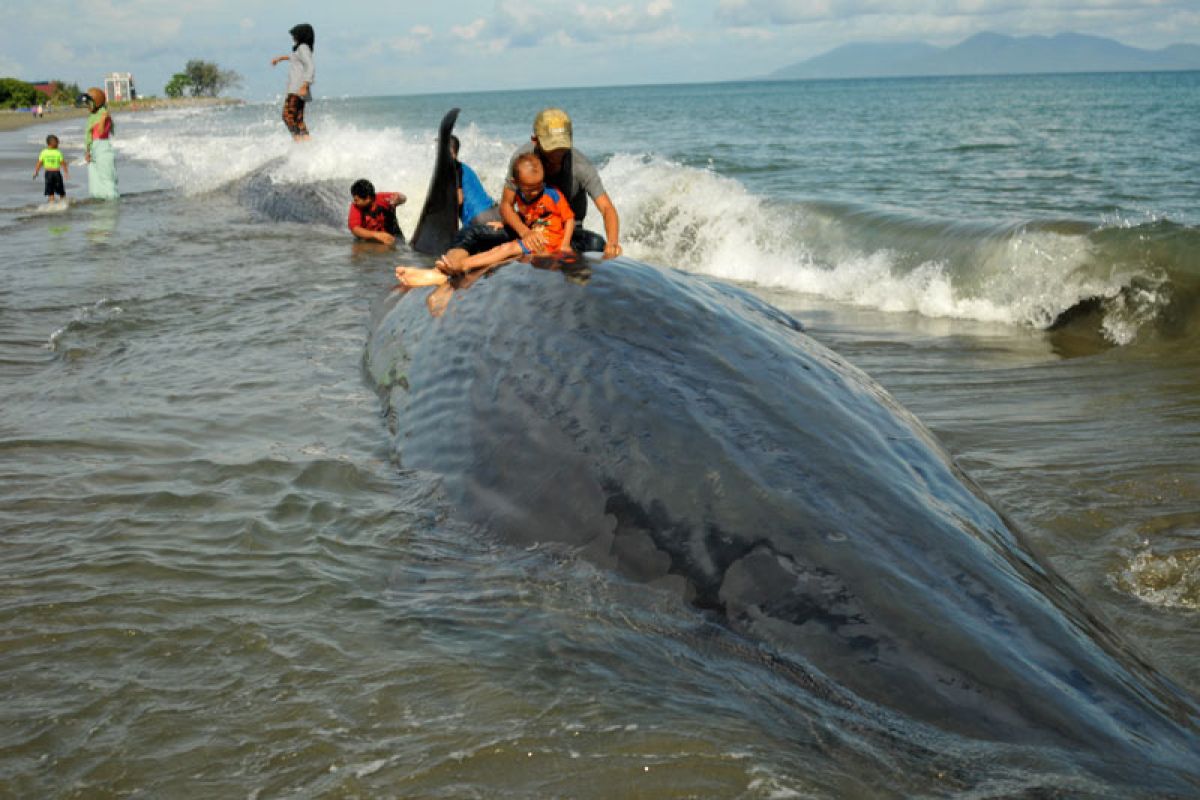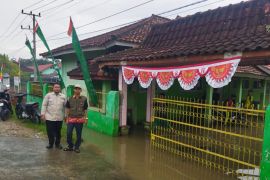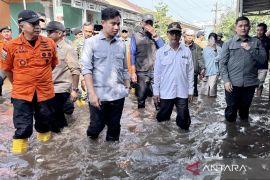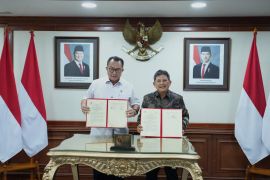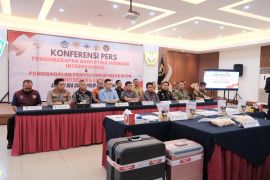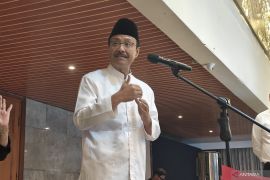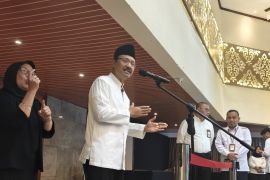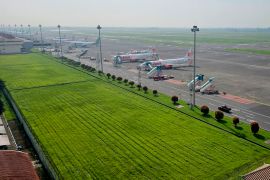The death of this ill-fated sperm whale (Physeter macrocephalus) was widely published and broadcast by reputable international news media, including Associated Press, Cable News Network (CNN), BBC, ABC, The Guardian, and National Geographic.
Washed ashore Kapota isle, Wakatobi District, Southeast Sulawesi Province, on November 19, 2018, this dead marine mammal only added to a number of whales that died this year after ingesting plastic waste.
Last February, for instance, a 10-metre-long sperm whale was also found dead on a beach at Cabo de Palos in Murcia, Spain, with 29 kg of plastic, including "plastic bags, fragments of nets and ropes, and a jerry can" in its stomach (Independent, 2018).
Then, in June, a male pilot whale also died in southern Thailand after ingesting more than 80 plastic bags (The Guardian, 2018).
Despite the fact that the deaths of whales, caused by marine debris, are indeed a global phenomenon, the 9.5-meter-long sperm whale found dead with almost six kilograms of plastic waste in its stomach has spelled doom for Indonesia.
It signals alarm bells because the marine debris at this archipelagic country`s waters has seriously threatened the existence of its marine life as obviously observed from the case of the recent death of the sperm whale.
In fact, Indonesia is not just home to sperm whales but is also home to many other marine species, including sea turtles. Six of the seven living species of sea turtles that scientists recognize are found in the country.
According to the World Wildlife Fund (WWF) Indonesia`s official website, four of the six species of sea turtles -- green turtles (Chelonia mydas), "belimbing" or leatherback turtles (Dermochelys coriacea), "sisik" or hawksbill turtles (Eretmochelys imbricata), and "lekang" or Olive Ridley turtles (Lepidochelys olivacea) -- lay their eggs in several of the country`s coastal areas.
The WWF Indonesia further noted that the Indonesian waters are also the most important migratory route of sea turtles at the crossroads of the Pacific and Indian Oceans.
Abun Sub-district`s coastal areas in Tambrauw District, West Papua Province, for instance, are known as the largest nesting spots of leatherback turtles in the Pacific region.
The Derawan Islands in East Kalimantan Province are recorded by the WWF Indonesia as the biggest nesting spots of green turtles in Southeast Asia.
However, with Indonesia being one of the world`s main contributors to marine plastic pollution due to its polluted rivers and streams, which distribute some 200,000 tons of plastic to the ocean every year (Thomas Wright in theconversation.com, 2017), the lives of these sea turtles have been in serious danger.
The danger is so obvious because the sea turtles may get entangled in the marine debris and trash or may accidentally consume the waste.
In response to the real threats that marine plastic pollution poses to Indonesia`s marine life and ecosystems, there is no other way to solve this problem but by cleaning the marine debris and trash from the waters.
This is, of course, not an easy task, and it cannot be handled by the government alone, considering the fact that the huge amount of plastic waste, dumped into the country`s waters every year, is most likely related to people`s bad habits.
Therefore, there must be a comprehensive solution to cope with this issue. The central and regional governments are required to remain consistent in making eco-friendly rules and policies, and in implementing them into concrete action.
At the same time, raising awareness of plastic waste should massively and continuously be campaigned, but just a public campaign is not enough. It needs to be backed by law enforcement.
With harsh punishment given to individuals, households, and business entities that are found guilty of littering, the Indonesian soil and waters can gradually be cleaned up.
As a result, the tragedy of the sperm whale that died from consuming plastic waste in the Wakatobi national park will hopefully not recur in the future, and Indonesia will become a more habitable home to its marine life.
Reporter: Antara
Editor: Eliswan Azly
Copyright © ANTARA 2018
